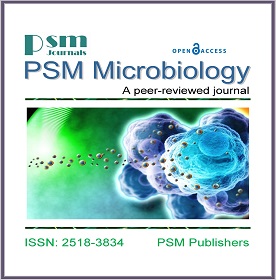Accessing the Fecal Pollution of the Aquifer Systems using Portable Microbiology Technique: An Affordable Approach to Enhance Coverage of Safely Managed Water Services
Keywords:
Portable microbiology laboratory, Underground water, Rural Hyderabad.Abstract
The basic necessity of human life is the clean and potable water. Indus Basin is considered as chief source of water provision in Sindh, Pakistan. In this region only 10% of fresh ground water is available that present in the shallow aquifers. This study deployed community-based water testing using the Portable Microbiology Laboratory (PML) to assess the public health risk of spring wells (open wells whose water is from underground springs) and boreholes in a rural setting. This study used the PML to assess the level of disease risk linked to underground water sources in rural settings of Hyderabad, Sindh by testing for environmental coliform and Escherichia coli contamination. Overall, of the 78 underground water sources tested, 52 (67%) were spring wells while 26 (23%) were boreholes. Of the spring wells, 56% (29/52), 21% (11/52), 6% (3/52), and 17% (9/52) were classified as low, moderate, high, and as very high disease risk respectively. Of the borehole samples, 58% (15/26), 31% (8/26), 8% (2/26), and 4% (1/26) were categorized as low, moderate, high and very high disease risk respectively. All the underground water sources that posed high to very high disease risk to the community were situated with in less than 20 meters to human settlements. Community-based testing of underground water for public health safety using the PML enables access to safely managed water by off-grid rural communities in Hyderabad. Underground water sources located close to homesteads pose waterborne disease risk to user communities in rural settings. Community-based water microbiology using the PML will facilitate expansion of safe water services to rural settings in Hyderabad Sindh.
Downloads
Downloads
Published
How to Cite
Issue
Section
License
Copyright (c) 2022 PSM

This work is licensed under a Creative Commons Attribution-NonCommercial 4.0 International License.




